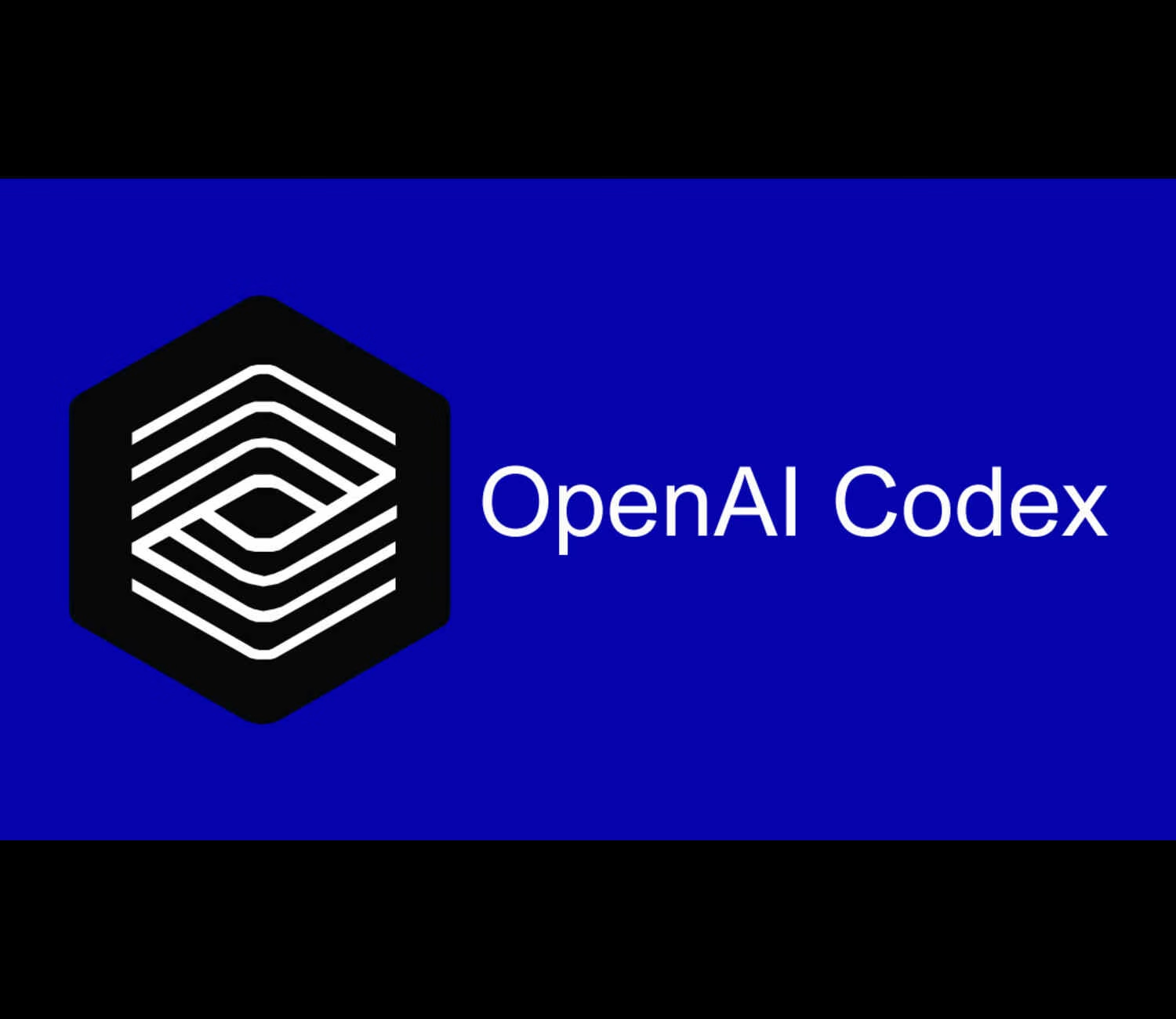
India Prime | Tejaswi Singh, International Desk | OpenAI Codex Launched OpenAI has launched its third AI agent of the year – Codex, designed specifically to assist software engineers and beginners with coding tasks. Codex has been developed to Write new features,Fix bugs in the code,Answer coding-related queries with precision.This agent operates in a private environment, where users can safely access coding assistance without the risk of data exposure. Codex is trained using Reinforcement Learning, allowing it to think and generate code in a human-like manner, which sets it apart from traditional coding tools.
Key Features of OpenAI Codex:
Deep understanding of programming languages: Works with Python, JavaScript, TypeScript, Go, Java, Ruby, PHP, and more.
Ability to build innovative and complex features: Can write new UI, APIs, or logic with developers’ input.
Detect and fix bugs: Fast in debugging and troubleshooting.
Support for programming students: Answers basic to advanced coding questions.
Safe and private environment: Code execution and processing is local, reducing data leakage risks.
Who can benefit from Codex?
| User Type | How It Helps |
|---|---|
| Beginners in coding | Learn with examples and practice coding |
| Professional developers | Rapid prototyping, bug fixing |
| Teachers/Coaches | Teach coding interactively |
| Researchers | Automate models, data analysis, and code tasks |
OpenAI’s Previous Major Updates and User Response:
GPT-3 (June 2020)
What was it?
Generative Pre-trained Transformer 3 with 175 billion parameters; capable of human-like responses.User Response:
Widely praised by content creators, developers, and researchers.
Also criticized for occasional inaccurate or biased outputs.
Codex (August 2021)
What was it?
Code-focused model built on GPT-3, trained using public code from GitHub.User Response:
Popularized as GitHub Copilot; useful for automating code tasks.
Concerns over security and incorrect code suggestions emerged.
ChatGPT (November 2022)
What was it?
A conversational AI that could answer questions, write content, explain code, and more.User Response:
Went viral; usage spread across education, business, customer service, tech support, and healthcare.
Reached 100 million users in just 2 months—fastest adoption in tech history.
GPT-4 (March 2023)
What was it?
A multimodal model capable of understanding both text and images.User Response:
Adopted rapidly by professionals in law, medicine, research, and software development.
Some described its capabilities as “artificial general intelligence-like.”
ChatGPT Plugins and Tools (2023)
What was it?
Tools like Browsing, Code Interpreter (later called Advanced Data Analysis), and third-party APIs.User Response:
Big hit with data scientists and researchers.
Python code execution and live data browsing made GPT more powerful.
Custom GPTs (November 2023)
What was it?
Allowed users to build their own personalized ChatGPTs without coding.User Response:
Widely used in business, coaching, translation, and tech support.
Many developers published their own bots in the GPT Store.
GPT-4 Turbo & Multi-Agent System (2024-25)
What was it?
Faster, cheaper, and more capable variant of GPT-4 with support for agents like Codex, Operator, and Deep Research.User Response:
Excellent response in areas like app development, research documents, and workflow automation.
AI transitioned from just answering questions to actually performing tasks.
Quick Overview of OpenAI Milestones:
| Update | Year | User Response |
|---|---|---|
| GPT-3 | 2020 | Popular among the tech community |
| Codex | 2021 | Revolutionary for developers |
| ChatGPT | 2022 | Hit among the general public |
| GPT-4 | 2023 | Adopted as a professional tool |
| Plugins & Tools | 2023 | Game-changing in data analysis |
| Custom GPTs | 2023 | Rapid growth in creative & business use |
| GPT-4 Turbo & AI Agents | 2024-25 | Marked beginning of an “AI workforce” |
Codex is not just a coding tool, but a true AI companion, enhancing productivity, speeding up learning, and enabling bug-free development. In the coming years, Codex—alongside tools like GitHub Copilot and ChatGPT—could redefine the very nature of software development.



